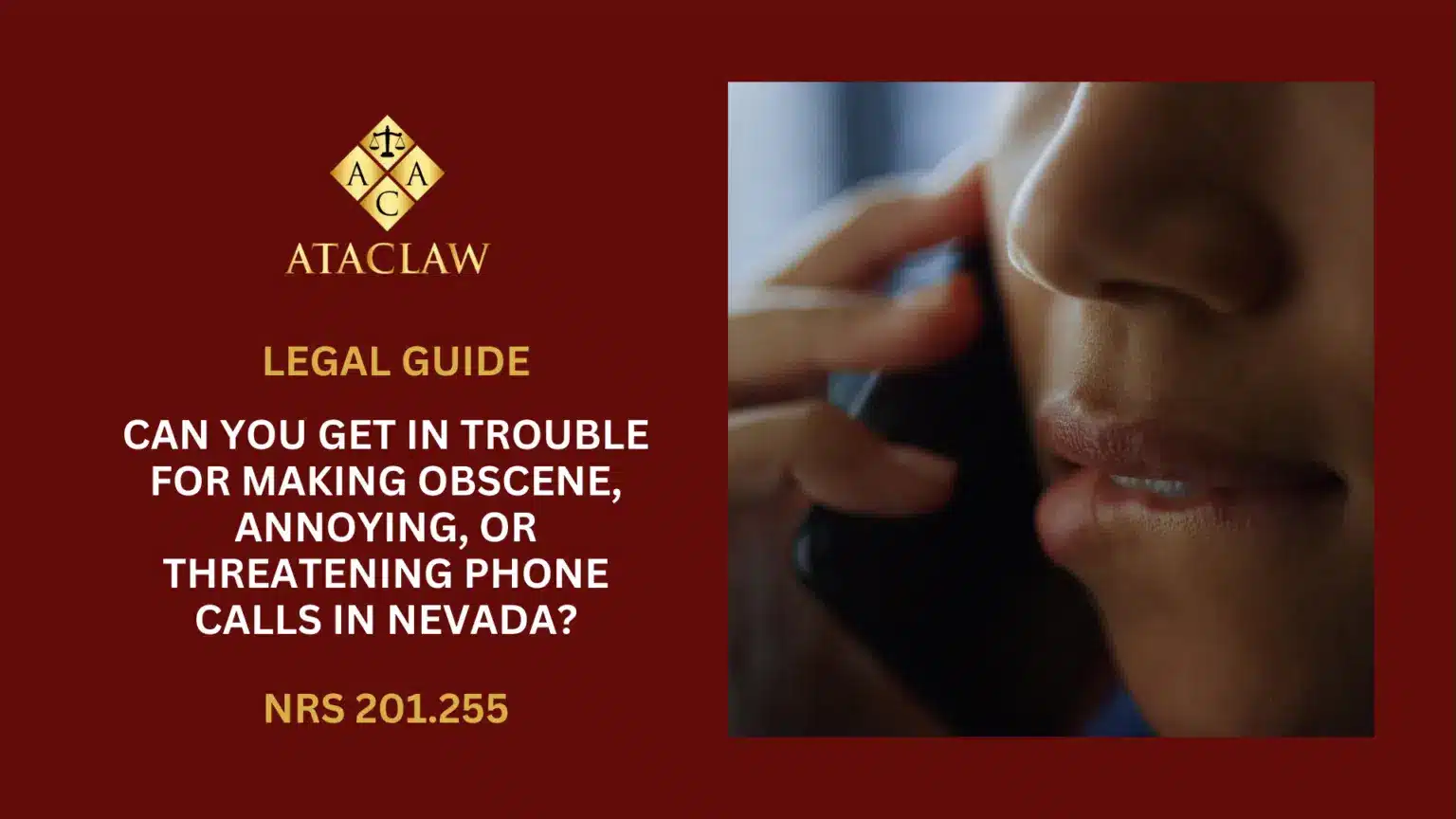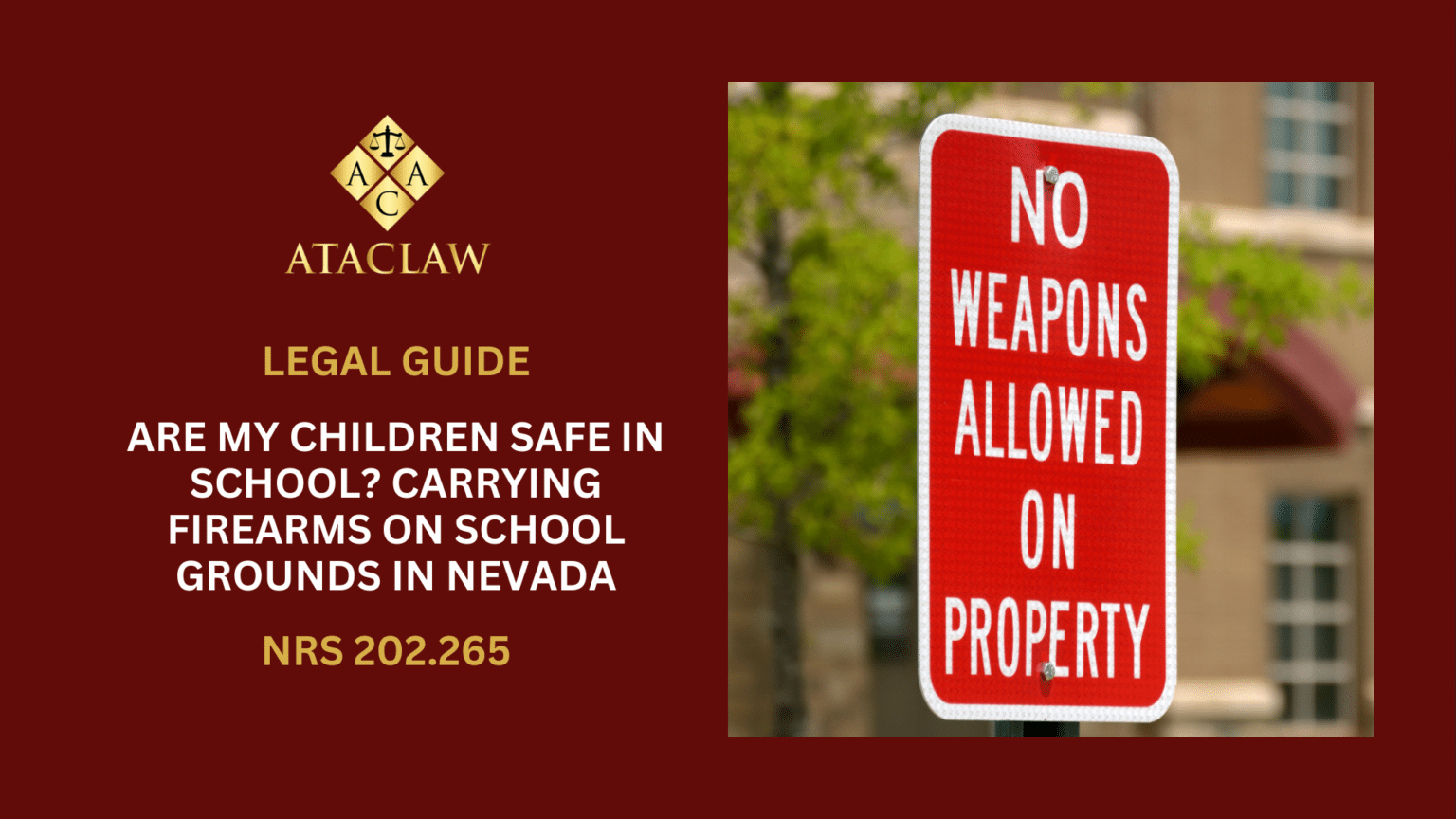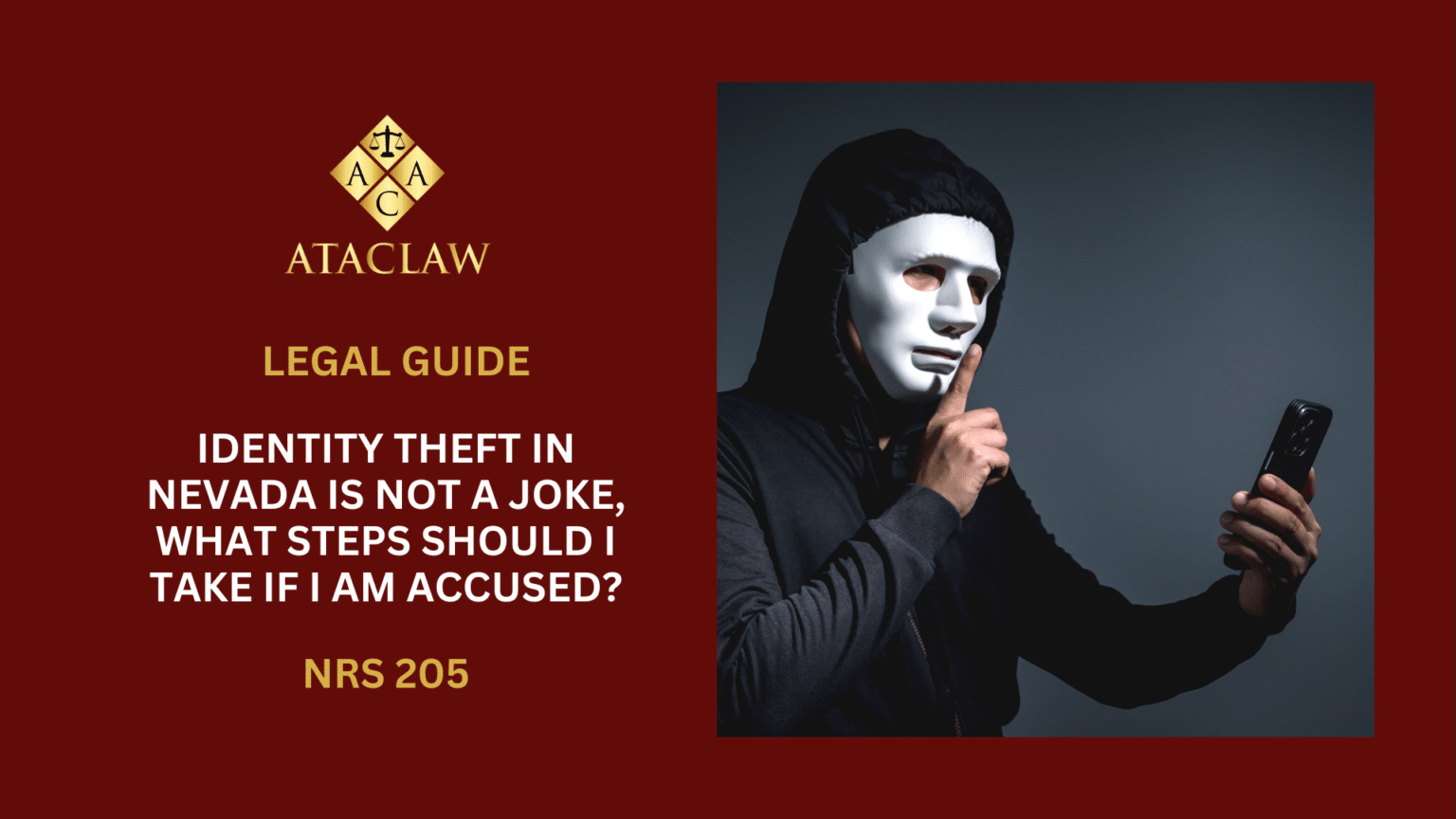Nevada law is crystal clear when it comes to the kind of communication that’s considered permissible over the phone. According to NRS 201.255, it’s a criminal offense to engage in the making of telephone calls that are obscene, threatening, or otherwise just plain annoying. This legal stance puts a firm boundary around what’s acceptable, categorizing breaches as misdemeanors. Violators could face serious consequences including a penalty of up to six months behind bars and/or fines reaching $1,000.
This particular statute often intersects with laws concerning harassment (NRS 200.571) and stalking (NRS 200.575), highlighting scenarios that go beyond mere words to actions that can seriously affect someone’s well-being and sense of security.
Is It Illegal to Make Harassing Calls in Nevada?
In Nevada, the definition of what constitutes a harassing phone call can be somewhat subjective, but state legislation offers clarity on this issue under three primary categories: obscene, threatening, and annoying calls.
Obscene Calls in Question
Nevada considers it unlawful for anyone to knowingly make a phone call involving obscene expressions directed towards or concerning the person receiving the call. When determining the obscenity level of speech, Nevada refers to a standard set by the Supreme Court of the United States, considering if:
- The language, in the view of an average person and according to societal norms, predominantly provokes sexual interest;
- The speech, in its entirety, lacks any significant value — whether it be literary, artistic, political, or scientific; and
- The speech grossly portrays sexual activities, bodily functions related to sex, or displays the genitals in an explicitly offensive manner.
It’s important to note, consensual adult conversations revolving around sexual topics are not illegal. However, unsolicited sexual communication can lead to charges of making an obscene call.
The Fine Line of Threatening Calls
Making a call with the intention of threatening harm to the person on the other end or their property is also a punishable offense in Nevada. This includes threats of physical harm to the recipient or their relatives and threats to damage property. Examples encompass specific threats like vowing physical violence or damaging someone’s home. Conversely, vague intimidations may not meet the threshold for legal action as that of a direct threat.
If the threats serve the purpose of extorting money or valuables, this activity transcends into the realm of blackmail, which incurs more severe consequences than threats made without financial motivations.
Navigating the Annoying Calls Terrain
Interestingly, Nevada law targets not the act of making an annoying call per se but doing so with the purpose of irritating the recipient. The critical point here is the caller’s intention. Conviction is possible even if the recipient doesn’t pick up the call, engage in conversation, or even feel bothered. The law focuses solely on what the caller intended to achieve.
Could You Face Jail Time for Making Unlawful Phone Calls in Nevada?
Yes, incarceration is a potential consequence for making illegal phone calls in Nevada, particularly if the behavior involves harassing or threatening communication. However, for first-time offenders, it’s more common for the judicial system to impose fines rather than jail sentences.
For offenders, the penalties dictated by Nevada law for illegal telecommunication include:
- Up to 6 months in jail, and/or
- Fines reaching up to $1,000.
An important aspect to note is the jurisdiction factor within Nevada. Even if the person making the call has never physically visited Nevada, they can still be prosecuted under Nevada law if the recipient of the call is within the state during the interaction. This broad jurisdictional reach ensures that residents are protected from interstate telephonic harassment or threats.
Is There a Risk of Deportation for Non-Citizens Making Unlawful Calls?
For non-citizens, deportation due to making an unlawful phone call is generally unlikely. However, if the call includes serious threats, it could be argued as a crime of moral turpitude, potentially leading to deportation. Immigrants facing charges should seek advice from a seasoned attorney to aim for charge dismissal.
How Can You Legally Defend Yourself Against Charges of Harassing Phone Calls in Nevada?
In Nevada, facing charges for making an obscene, threatening, or unintentionally annoying phone call can be a significant concern. However, there are several legal defenses that can be effectively employed to contest these charges:
1. Unintentional Actions
A pivotal defense revolves around the intention behind the phone call. For instance, if the accused made the call without deliberate intent — such as accidentally making a pocket-dial during a private, adult activity or while a mature-themed movie was on — this unintentionally can serve as a strong defense. The emphasis here is on whether the action was willfully done to disturb or offend the recipient.
2. Lack of Intent to Annoy
Another defense targets the intent, or lack thereof, to irritate or vex the recipient. It’s crucial to underline that annoyance is subjective, and without the demonstrable intent to annoy from the caller’s side, these charges are contestable. Merely causing annoyance without intent does not meet the legal threshold for these types of charges.
3. The Legality of the Call
The content of the call itself can also be contested. Given the subjectivity of what’s considered threatening or obscene, if the call contained speech driven by frustration or distress without crossing legal boundaries, this could invalidate the charges. Proof beyond a reasonable doubt is required to establish that the call indeed contained illegal content, offering a solid ground for defense.
4. Falsely Accused
In situations where accusations are driven by motives other than seeking justice — such as revenge, manipulation, or during a heated legal battle — proving the accuser’s motivations and potential dishonesty could dismantle the charges. Gathering evidence to challenge the credibility of the accuser and their story may unveil a wrongful accusation, providing a strong defense.
Can You Seal a Record for a Phone Harassment Conviction in Nevada?
In Nevada, individuals convicted of making obscene, threatening, or bothersome phone calls have the opportunity to seal their records one year after the conclusion of their case. However, if the charges are dismissed, they may seek to seal their record immediately, without any waiting period.
What Are the Related Offenses to Harassing Communication in Nevada?
1. Harassment
Under NRS 200.571, harassment includes threats of harm that lead to genuine fear of them being enacted. Depending on how severe the incident is and if there are previous offenses, harassment in Nevada can be classified as a misdemeanor, gross misdemeanor, or even a felony.
2. Stalking
Stalking, as detailed by NRS 200.575, involves deliberate actions that invoke fear or intimidation, often through uninvited contact. The classification of this offense varies from a misdemeanor to a felony based on factors such as case severity, victim age, prior offenses of the accused, and any inclusion of cyberstalking.
3. Violation of a Restraining Order
Defying a protective order’s conditions (stipulated in NRS 33.100) ranges from a misdemeanor to felony. The penalties depend on the purpose of the order, whether it is a temporary or extended protective order, and the respondent’s criminal history. A frequent defense against these charges is that the breach was not intentional.
For further legal assistance and to discuss your case with an expert, don’t hesitate to contact ATAC LAW.




